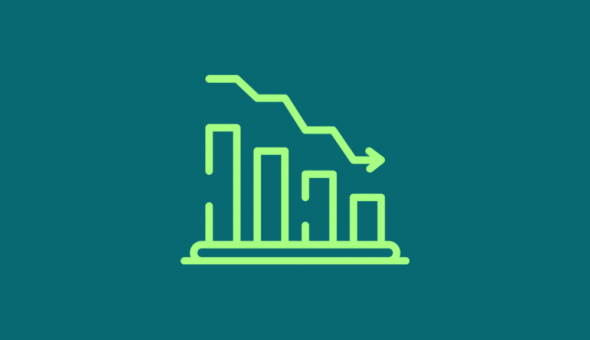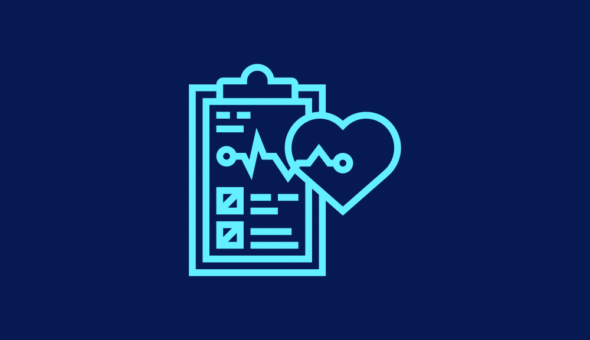Professor Ricardo García Mira is Professor of Social and Environmental Psychology at the University of A Coruña in Spain, and Visiting Professor at the IPR.
On 12 December 2015, the United Nations Framework Convention on Climate Change adopted the Paris Agreement – a first-of-its-kind deal that bound member states to measures for climate neutrality in this century.
Some steps have already been taken as part of what we might call the institutional response to this challenge of sustainability; promoting environmental education programmes, holding awareness campaigns and providing means for accessing information are all positive measures. But are people taking on the challenge implied by living in a more sustainable way to fight against climate change? What changes should we introduce into our economic models to encourage them, and with what impact on our own lives? And are we taking involvement and cooperation seriously?
Experts say that human responses to the environment are inconsistent with growing ecological awareness and the general acknowledgement of the anthropogenic origin of climate change. The best way to deal with this situation is not clear, but what is clear is that people, as individuals, need to undertake sustainable lifestyles. This is a challenge, because changing to a new lifestyle requires drastic changes in our daily conduct.
Although there is little general awareness of how serious and urgent environmental change is, there have been some attempts to head towards more sustainable lifestyles, and a good number of organisations are working in that direction. These are sustainable initiatives, starting up social innovation projects which, on numerous occasions, have taken the lead over governments as far as identifying the problem is concerned. They involve part of the population in the initiative, respond to the challenge of climate change with small-scale impacts, and ultimately facilitate the survival of sustainable economies in fields related to mobility, nutrition, construction, the use of energy and the reduction or rationalisation of consumerism, to mention but a few. The analysis of different initiatives for sustainable lifestyles in Europe today shows us that, even though there is no collective response to taking on climate change, there is evidence that it is possible to move towards a more sustainable economy in Europe.
The good life
The challenge of real change in behaviour and lifestyles depends on overcoming the deep-rooted conceptions that we still hold about what success, self-fulfilment and consumption are. Attaining a sustainable lifestyle demands an economic model that is truly different from the current, unsustainable models. Using a bicycle instead of a luxury car or living in a smaller house requires us to investigate the complex interactions between psychological, economic, social and technological factors that promote or hinder the adoption of sustainable lifestyles and the transition to an environmentally responsible social economy. A macroeconomic focus on the study of lifestyles should contemplate the way these sustainable but small lifestyle initiatives can be scaled up to a national and even global level, and what needs changing in our economy so that it can become ecological and sustainable.
If we take climate change seriously we will no doubt have to reduce our general level of consumption, but we do not have to see this as a sacrifice. Research results are showing that Europeans are feeling a greater and greater sensation of dissatisfaction with current consumer-based lifestyles and the accelerated rhythm of modern life. In fact, research shows that we experience a greater sensation of welfare when we enjoy more time for ourselves and when we can spend it with others in meaningful activities; in general, we are happier when we withdraw from everything that is related to a materialist understanding of what the good life means.
Culture is an important factor in this problem too. In our concept of what the good life means, we make consumerism the equivalent of the good life and happiness, and our economy is based on this concept. However, people are realising more and more that the way we live is, in many ways, unsustainable – not just from the perspective of the environment, but also because we feel more and more distant and alone, or that our lives lack meaning. Because of this, we must try to develop and assess a global model that can explain changes in lifestyle, while simultaneously testing the efficiency of different routes of transition to a greener and more environmentally sustainable economy.
Possible economies
The University of A Coruña, in partnership with the University of Bath, endeavours to unravel the multifactorial problem of using economic policy to influence behaviour in the GLAMURS (Green Lifestyles, Alternative Models and Scaling towards Regional Sustainability) project. The overall purpose of GLAMURS is the study of the different economic and behavioural models experts have defined as the most conducive to the development of specific policies and combinations of policies to guarantee sustainable development. Our results will furnish recommendations not only for the European Commission and other levels of policymaking, but also for professionals who work in sustainable initiatives and for people interested in living a more sustainable life.
Three possible economies are being analysed by this consortium of eleven European universities in the context of climate change. The first point of analysis starts with the evaluation of a lifestyle based on what has been called the “green economy”, focused on the ecoefficiency of an economic and production system which orients its action towards producing and consuming in a more responsible manner within a model that respects the responsible and efficient use and management of environmental resources.
Secondly, the model of “degrowth” is analysed; it is possibly the least popular model as it requires a reduction in consumption, which today is associated with social and economic status. According to this approach, it is not necessary to grow continuously. Human beings can live and efficiently distribute their resources by reducing production and consumption, which would alleviate environmental impact and make lifestyle more sustainable and closer to nature.
Finally, a third focal point is based on “growth anchored in the community”, the idea of generating the necessary level of self-sufficiency in a community to become sustainable in terms of emissions, production and the consumption of resources. This model can be adapted to the characteristics and needs of various communities, which in a participative way would responsibly manage their own resources.
Individual behaviour, then, interacts with and is dependent upon other systems in society, such as political, economic and cultural systems. Part of our research includes an analysis of how people use their time, and also the role that identity and social rules on responsible environmental behaviour play therein. Identities, based on feelings of belonging to specific social groups, are also developed through observing our own behaviour, and constitute that part of what makes us unique – in addition to being a driving force for behaviour when we define ourselves as the kind of person who acts in favour of the environment. It is also important for people to be aware of the situations in which their choices are sustainable, how taking choices in awareness contributes to the construction of a personal identity which includes seeing ourselves as in favour of the environment, which in turn leads to more sustainable lifestyle choices.
Respond



